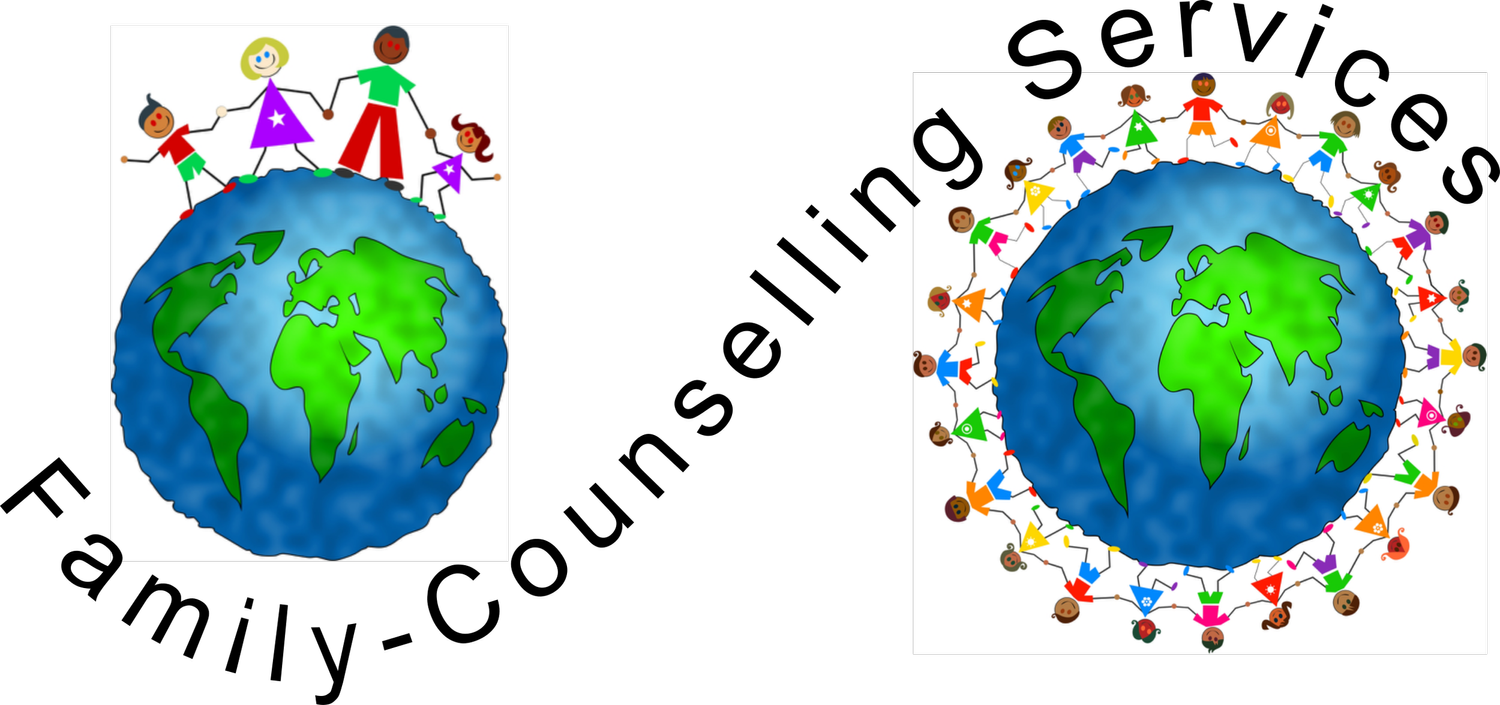
Counselling for Couples
“Love…does not settle everything.
It is better to rely on work, interest and cooperation.”
There is probably no relationship more difficult or more rewarding than the one lived intimately between two individuals. This intimate relationship whether a marriage, co-habitation, or a civil partnership, is based on a deep sense of caring and trust. When it stops working, we are affected deeply and our health and happiness suffer. Patterns of behaviour that we have learned as children often re-emerge in our adult relationship and each partner struggles to understand the deeper issues that seem to be affecting the relationship.
Relationships need solid foundations; two unhappy people with unresolved issues rarely make a growth-oriented relationship. It may be tempting to feel that our partner can compensate for earlier pain and loss. Instead, seeking one’s better version of one’s self—and supporting that in the partner—provides the way forward.
- Alfred Adler
-
*Unresolved personal issues from past experiences can be confusing
*Loss of good will can undermine the interpretation of behaviour
*Lack of negotiation can shatter expectations
*Diminishing feeling of acceptance can increase misunderstandings
*Illness can deplete both partners
*Birth of a child can leave a partner feeling abandoned
*Depression can leave a partner feeling deserted
*External pressures can sever the couple bond
*Disappointment can lead to anger and hostility
*Life changes can add overwhelming challenges for which we feel unequipped
*Children leaving home can allow resentments to resurface
*Psychosexual issues can highlight a problem within the relationship
*An affair or a secret debt challenges the concept of trust
-
At Family-Counselling, we believe couples can recreate open, honest and caring interactions that lead to a renewed sense of acceptance, good will and equal dignity between the partners who have joined as a couple. Within a mutually respectful relationship can be found the strength to support one another in the common tasks set before them – such as raising children, facing a daunting work situation or working together to improve the world we share.
During the process of counselling, we can help each partner recognise and address destructive patterns of relating. Conflict can be put back into context and re-worked so that patterns are understood. Communication skills are improved and new relationship skills can be learned. The impact of change and loss can be examined. Abusive relationships and domestic violence can be acknowledged. Loss of sexual cooperation and desire is often an early sign of problems. Sex relations that leave one partner feeling rejected or angry can be reformulated into a source of great enjoyment within the relationship.
Childhood sexual abuse, too, can impact on an otherwise happy relationship and can be helped with a qualified practitioner. Other sexual problems may have a physical or medical cause, but can often be addressed with a good therapist.
Separation & Divorce Counselling can help explore whether trust can be repaired. If not, it can allow the couple to separate with more understanding and less hostility.
-
Our approach at Family-Counselling is unique in many ways: After establishing the goal of therapy with the couple, we initially work with each partner of the couple individually in order to understand the person and their lifestyle. It is in coming to understand each individual’s outlook on life that we can begin to understand how the couple’s joint world view has fallen into disharmony. The work can take place with both partners of the couple working with a male therapist, both working with a female therapist, or working along with a mixed therapist-couple. After several individual sessions the work of understanding the couple can get underway in a truly effective manner with focused joint-meetings.
Our approach, based on Adlerian principles, has been found to be effective across a wide spectrum of couples’ issues such as helping newly formed couples get to know one another well, collaborating in major job or life-related decisions, and dealing with serious marital disruptions. It has been reassuring for couples to know that even partnership wounded by infidelity can be repaired with willingness to do the good hard work. Family-Counselling therapists are qualified and able to help such couples effectively and respectfully help themselves.
